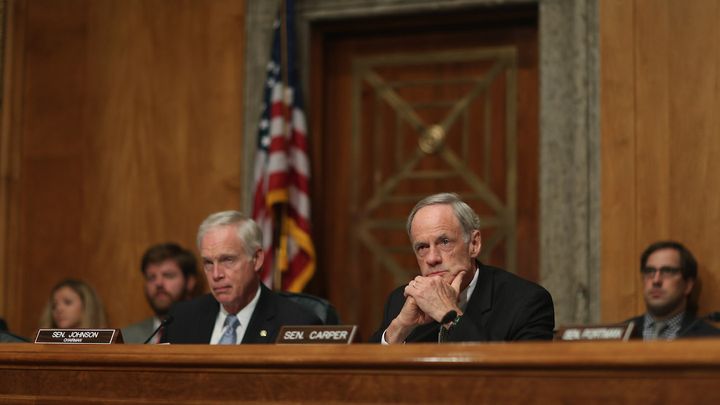Vowing to Fight Epidemic, Delaware Senator Takes Money From Opioid Makers Sued by His State

Summary
Democrat Tom Carper, who has a primary challenge on Sept. 6, says he is committed to fighting the opioid epidemic, but he has received thousands from Big Pharma and refuses to support a bill that would fund state's efforts to treat opioid addicts.


